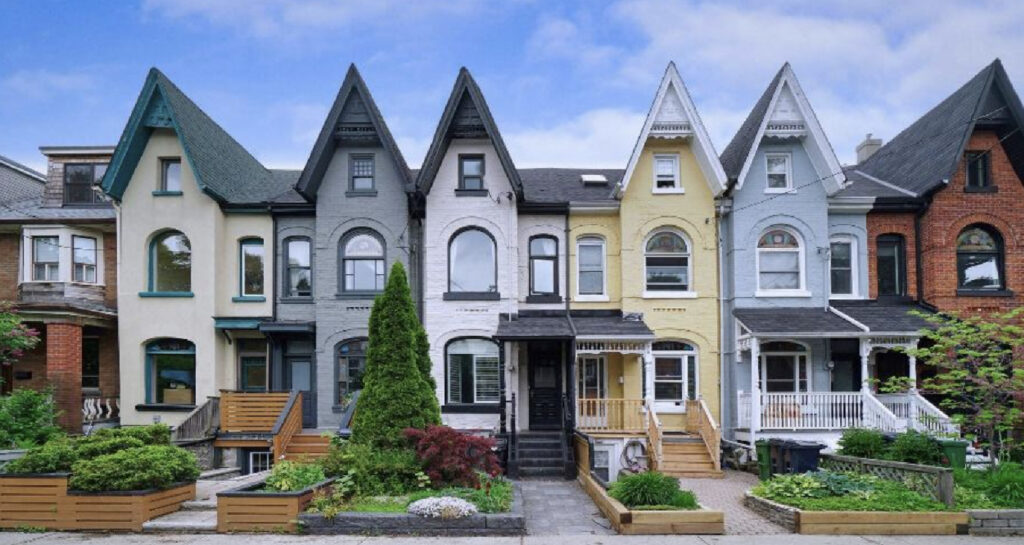Canada may be facing a structural housing deficit that no amount of government funding will ever solve

Housing affordability is back on the political front burner and thank goodness for it. That said, based on 15 years of working on housing files, and based on some recent personal experience, in my view there are two critical issues that are not getting the attention they warrant. By critical I mean high impact, and difficult to resolve.
The personal experience? We are building a (future) retirement home in tiny Nelson BC, population about 13,000. Nelson is essentially landlocked by mountains, and space for new construction has already been in short supply for decades. The problems we are now seeing in places like the GTA have been occurring in Nelson for a long time. For example, when applying for a local job, one of the first questions a Nelson employer will ask is “do you already have a place to live in town?”
I think you can argue that, by necessity, places like Nelson are ahead of the curve on housing issues: our experience there has been excellent, and there are lessons to be learned from a very small, remote town.
So, what are my two issues? Firstly, acceptance of built forms other than a 3-bedroom house with its own yard (etc.). Simply not possible for everyone, but no one is saying so. Nelson has planning procedures in place for secondary suites, laneway houses (etc.) and actively promotes creative ways to increase density within the confines of the city. Many Nelsonites, especially young ones, like the idea of taking up less space and living closer to amenities.
Secondly: Planning and approval timelines. Absurdly long in Ontario and highly frustrating. Things take years and years. But getting a phone call returned by The City of Nelson is a same day event. Getting a minor approval is a couple of weeks, not 6 months. Getting a development permit for a new home project reviewed and approved takes a couple of months. City officials seem empowered, motivated, and understand that they play an important role in solving a very tough housing supply problem.
Sure, Nelson is a small town, but it has equally small resources, so it can be done.
The political challenge: telling people that they can’t (yet) have their dream house is a political loser, and it’s difficult to deal with municipal process issues in a place like Ontario without being seen to be beating up on municipal staff. That latter strategy may win some votes in the short term, but it does nothing to solve a very thorny problem.
I believe that unless we deal with innovations in built form, create realistic expectations, and streamline planning approval processes, we will be plagued with a structural housing deficit that no amount of government funding will ever solve.
